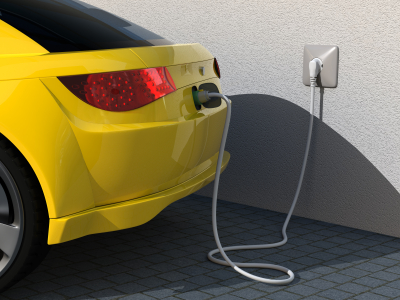
A troubling reality behind the electric car
The supply chain of the electric car battery is faced with serious sustainability challenges. This is the conclusion of the SOMO report “The electric car battery; sustainability in the supply chain”, published today. The expected profits from lithium, one of the basic materials for the electric car battery, already create social tensions in Bolivia, while workers rights are violated at battery manufacturing plants in China. These issues need to be taken into account when companies and politicians discuss the costs and benefits of the electric car.
A troubling reality behind the electric car
The use electric car has clear environmental benefits in comparison to the regular gasoline-fueled car. When the electricity is generated using sustainable sources, such as wind and solar, the CO2 emissions of driving an electric car are significantly less. This also has beneficial effects on the air quality of cities and reduces dependence on foreign oil. However, a proper discussion on the costs and benefits of electric cars needs to look beyond the use of the car, and also consider social and environmental consequences during the mining of the needed materials and the production of components. According to SOMO researcher Tim Steinweg, “the supply chain of many of our consumer products cause grave damage to people and the environment around the world. The electric car battery supply chain is no exception”.
The SOMO report discusses the example of Bolivia, where large reserves of lithium are present. Lithium is an essential mineral for the production of electric car batteries, and many expect a boom in demand for it. Bolivia’s efforts to develop a lithium mining and battery production industry is already causing tensions on local, regional, national and even international levels, as various groups aim to profit from the industry. Protests have already been mounted against potential exploitation by foreign mining companies, while Bolivia’s relations with Chile might also become more competitive as both countries aim to take a dominant position in this emerging market.
SOMO has also looked at the working conditions at battery manufacturers in China. Build Your Dreams (BYD), a Chinese company that produces batteries both for electronic equipment and electric cars, is known for its labour-intensive business model. Interviews with workers expose a number of violations of national Chinese and international labour standards. These include excessive working hours, forced overtime and the lack of a trade union. The company is also violating labour regulations by rejecting applicants who are infected with the Hepatitis B pathogen.
The report concludes that the electric car battery supply chain, while still maturing and developing, needs to be closely monitored to ensure that acceptable working conditions, respect for human rights, and the preservation of the environmental are ensured in all phases of the supply chain. Only then can the electric car truly be regarded as a sustainable product.
download The electric car battery; sustainability in the supply chain
Do you need more information?
-

Irene Schipper
Senior Researcher
Related news
-
 CSDDD Datahub reveals law covers fewer than 3,400 EU-based corporate groupsPosted in category:News
CSDDD Datahub reveals law covers fewer than 3,400 EU-based corporate groupsPosted in category:News David Ollivier de LethPublished on:
David Ollivier de LethPublished on: -
 Additional evidence filed against Booking.com for profiting from illegal settlementsPosted in category:News
Additional evidence filed against Booking.com for profiting from illegal settlementsPosted in category:News Lydia de LeeuwPublished on:
Lydia de LeeuwPublished on: -
 The hidden human costs linked to global supply chains in ChinaPosted in category:News
The hidden human costs linked to global supply chains in ChinaPosted in category:News Joshua RosenzweigPublished on:
Joshua RosenzweigPublished on:

